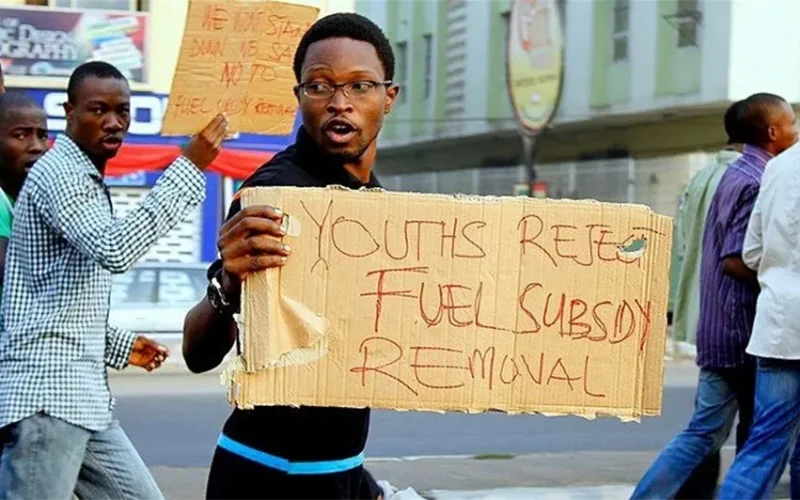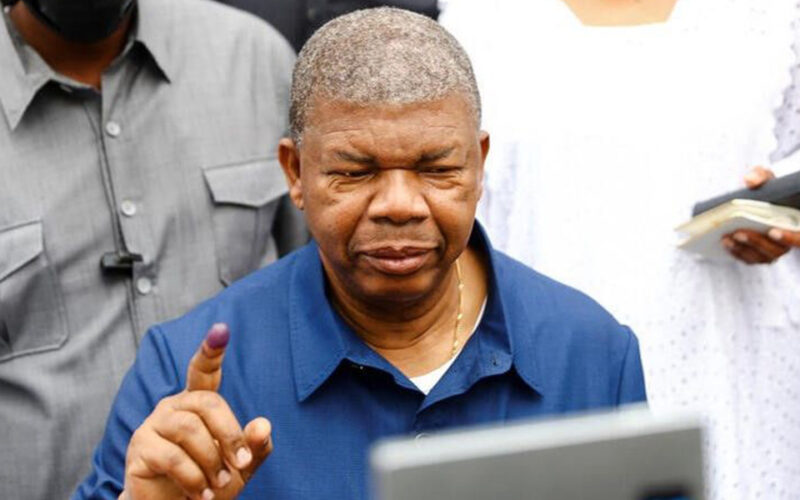
Nigeria’s fuel subsidy removal was too sudden: why a gradual approach would have been better
NIGERIA removed fuel subsidies entirely in May 2023. This came as a surprise because of the political risks associated with subsidy removal. Previous administrations were reluctant to jettison the subsidies. The subsidies had been in place since the 1970s, when the government sold petrol to Nigerians at a price below cost – though most consumers weren’t aware of this. The 1977 Price Control Act made it illegal for some products (including petrol) to be sold above the regulated price. The Olusegun Obasanjo regime introduced this law to cushion the effects of inflation, caused by a worldwide increase in energy prices.…


